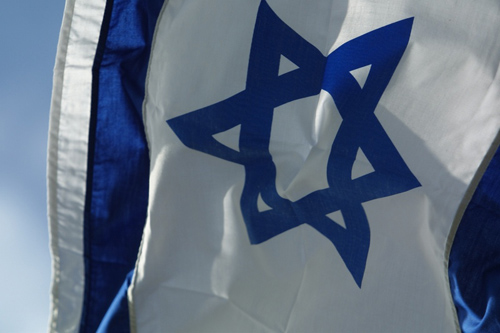
Have you ever wondered what Reform Jewish life looks like in Israel? As of mid-2013, the Jewish population of the State of Israel, was estimated at 5,413,800. Approximately 80% of those Israeli Jews consider themselves secular, and 34% of them identify Reform Judaism as the denomination they most closely identify with (23% stated that they identify most with Orthodox Judaism).
According to the Israel Movement for Progressive Judaism, there are currently 40 Reform Jewish congregations in Israel. This number includes new Reform communities in Megiddo, Gilboa, Shoham, Kibbutz Beit HaShitta, the Arava and Caesaria that have begun meeting for prayer, study and activities, as well as chavurot (small study groups) in Be'er Sheva, Haifa, and the Jerusalem neighborhood of Kiryat HaYovel. These congregations, from Nahariya in the north to Kibbutz Lotan in the southern desert, seek to bring Israelis closer to Jewish heritage and culture and to the values of pluralism, equality and humanism.
Reform Judaism in Israel flourishes outside synagogue walls, too. The Israel Reform Movement operates 50 preschool classrooms, eight schools, 25 women's groups affiliated with the Women of Reform Judaism, a Mechinah program (pre-army leadership training and social action) with twice as many qualified applicants as openings, and Beit Midrash B'Derech, a post army young adult "live and learn" community. Israel's active Reform youth movement, Noar Telem, runs a summer camp for 700 participants, coupled with year-round youth activities. The Israel Religious Action Center conducts a vibrant advocacy and legal program and Keren B'Kavod serves as the humanitarian arm of the Reform Movement in Israel.
The Israel Movement for Progressive Judaism, Israel's liberal Jewish religious movement, aims to strengthen the connection of the Jewish people and its loyalty to Jewish heritage and to reform the State of Israel according to the principles of the individual and social morality of Judaism.

